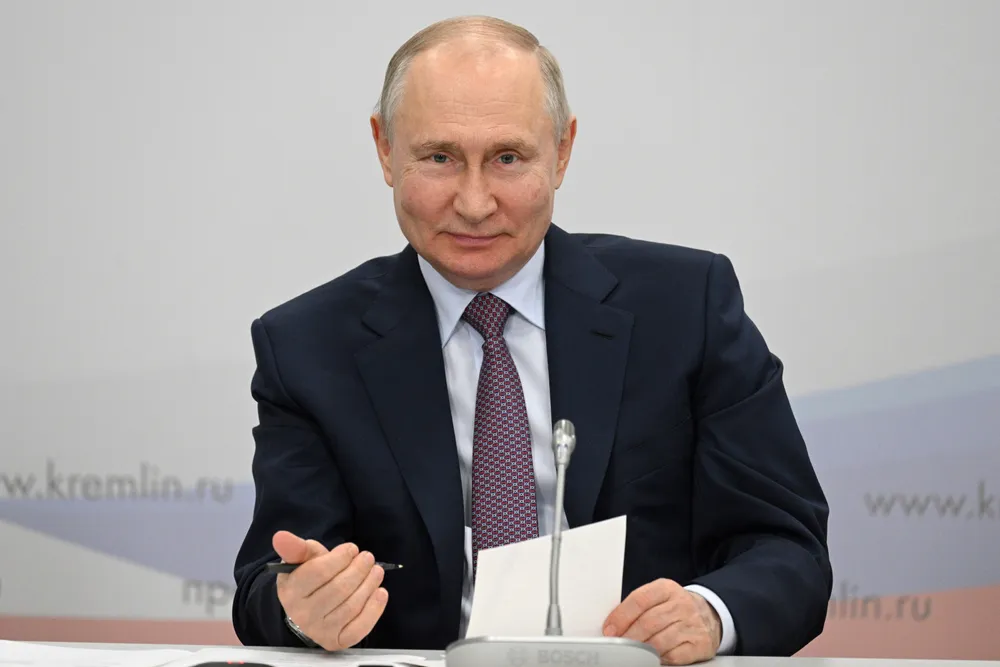Russian tax changes set to boost country’s oil sands
Upcoming changes to tax legislation offer an opportunity for producers Tatneft and Lukoil to resume investment in their unconventional heavy viscous oil developments

Upcoming changes to tax legislation offer an opportunity for producers Tatneft and Lukoil to resume investment in their unconventional heavy viscous oil developments
